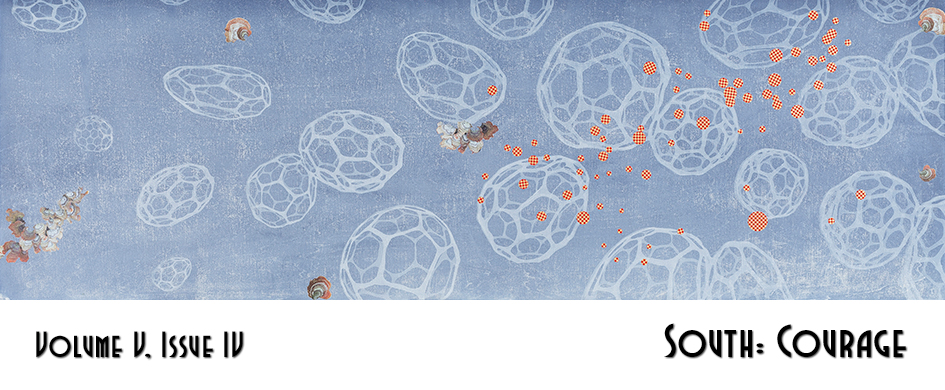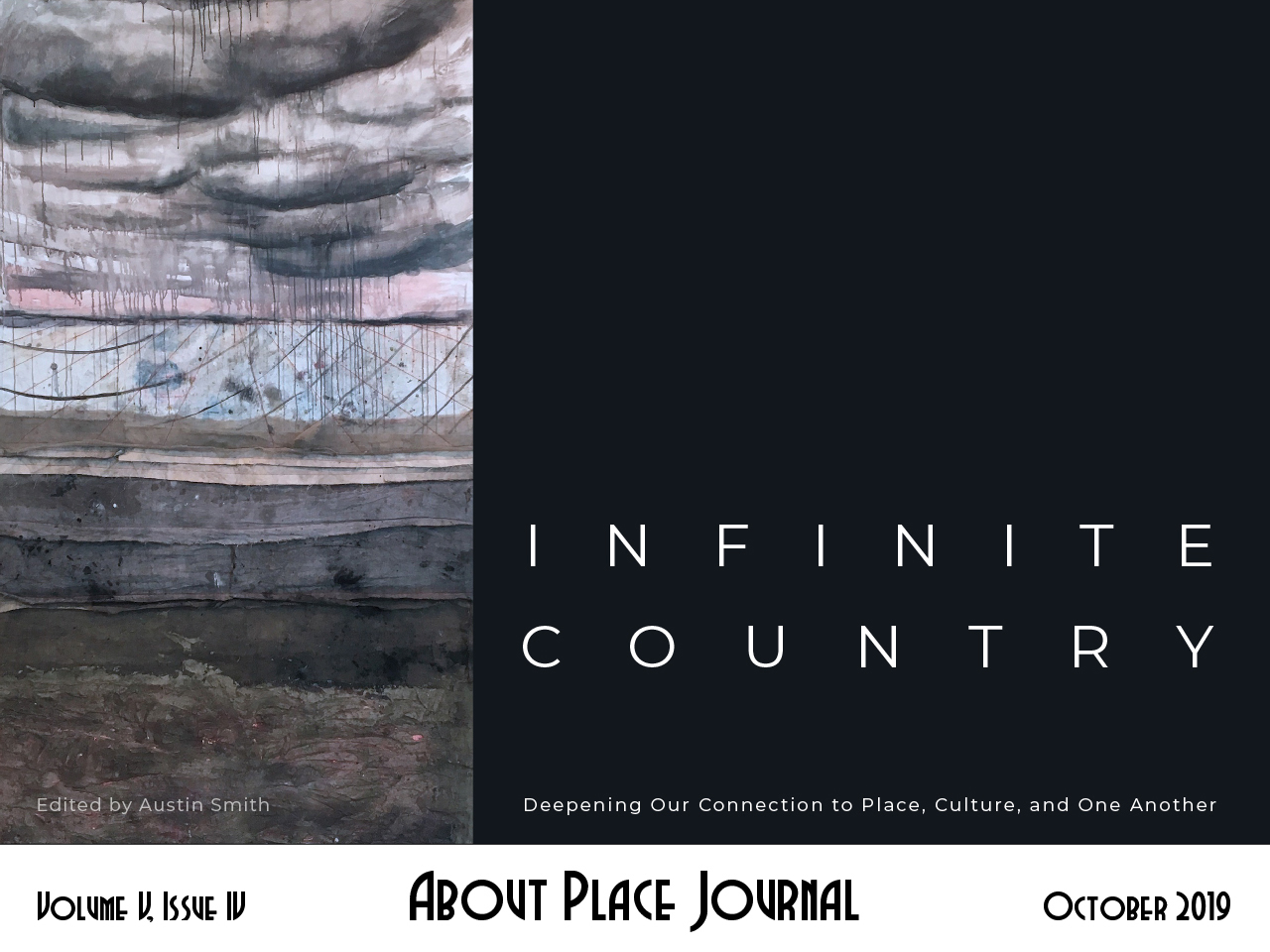from the mountain pass horse thieves
drove herds through to graze
at the headwaters of the Minam—
a cloudy violet quartz
polished by a river the cobble is
the sole evidence of, the time before
people fell into this world,
and that mountain ridge
lay at the western shore of a continent.
Climbing there again today,
we followed a set of wolf tracks
in the snow above Squaw Creek,
brooded on broken forests and what
if anything, those trees remembered of her—
whose name, what tribe, which languages,
how many Julys gathered in her,
and how long ago?—before violence
befell her and maps slurred
another woman and the place she lived.
The air so still in their battered stubs
we could guess which few
ponderosas and firs alive now
were young then, the creek resounding
in their creviced bark—the lyric
water sings even now in the cold,
splashing over every cobble in its bed
the same for us as for her. The mountain
gleamed, the sun warmed our backs
and we shared our meal in the meadow.
After so many years, that cobble
seemed to glow in its room
tonight among the orchids, a message
passed along tangled networks
branching to their thinnest mesh.


